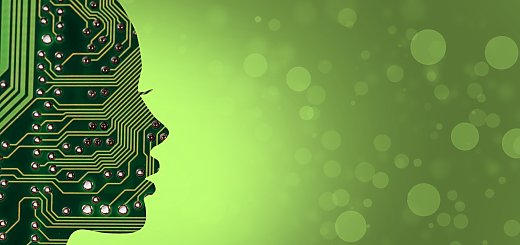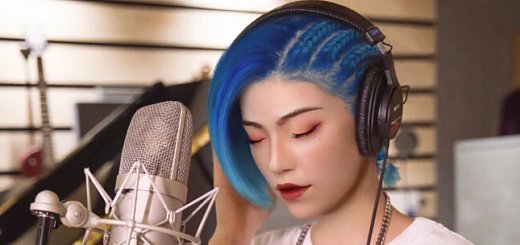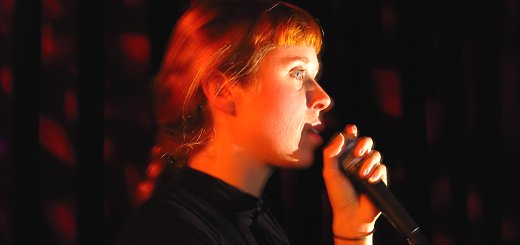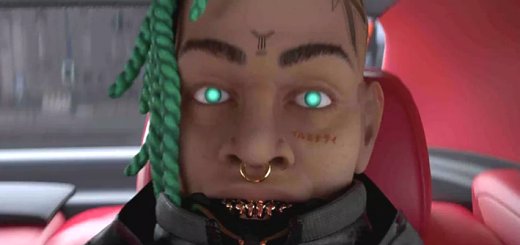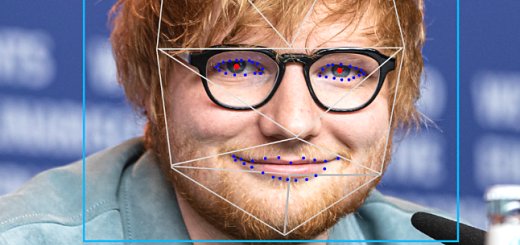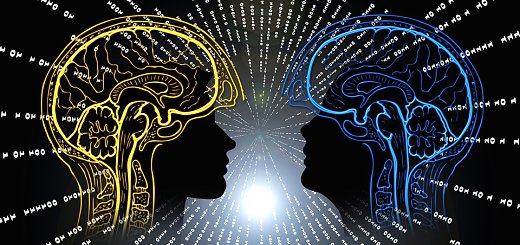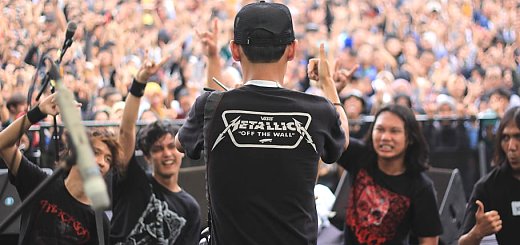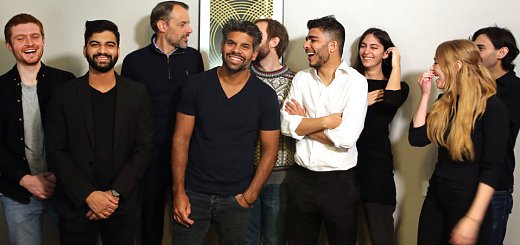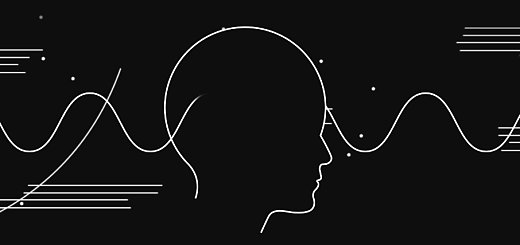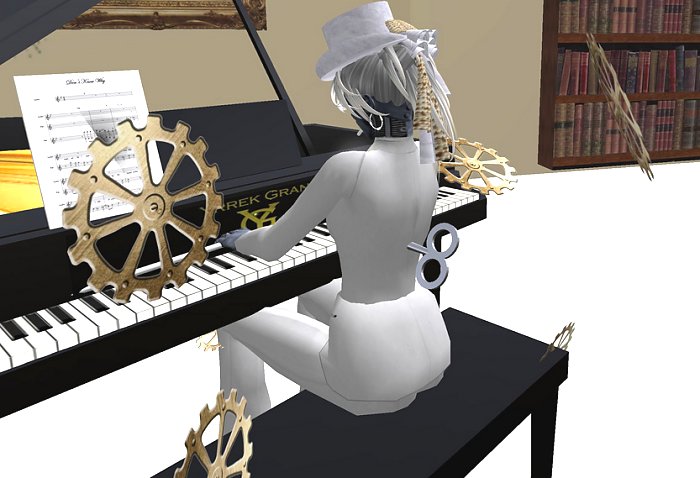BTS' publisher HYBE buys voice-AI company Supertone
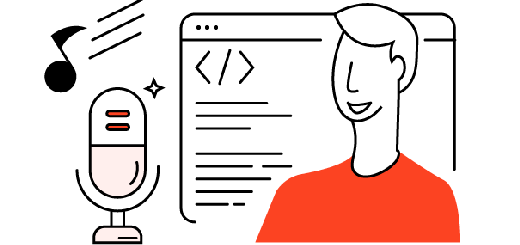
Earlier this month, HYBE, the company behind some major K-pop acts, including BTS, acquired Supertone, a software company capable of creating “a hyper-realistic and expressive voice that [is not] distinguishable from real humans”. This week, BTS members announced they are about to go to the army to complete compulsory military service. Global News believes HYBE is preparing to fill the coming void with AI-made music. GN also lists other AI-powered music creation software such as AudioLM, Loudly, AVIA, DAACi, Beatoven...
